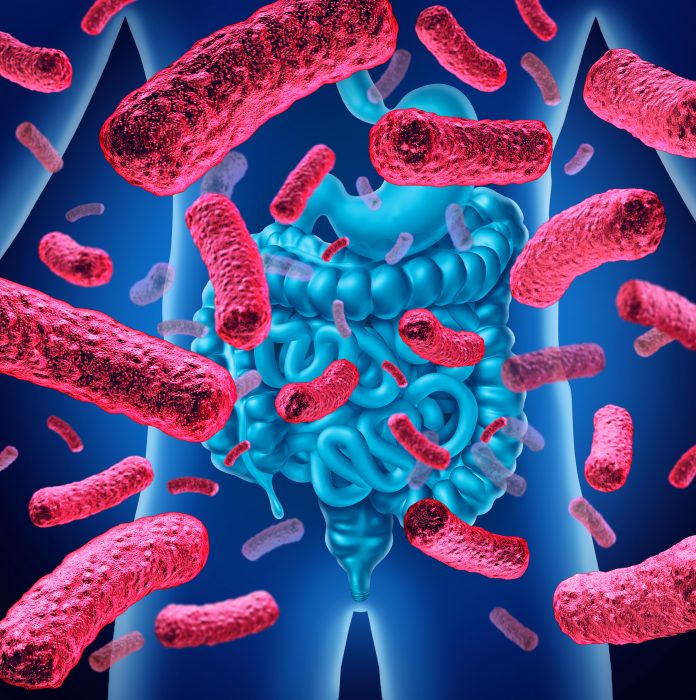The variety and volume of bacteria in the gut, known as the microbiome, may influence the severity of Covid-19 as well as the magnitude of the immune system response to the infection, suggests research published online in the journal Gut.
Imbalances in the make-up of the microbiome may also be implicated in persisting inflammatory symptoms, dubbed ‘long Covid’, the findings suggest.
Covid-19 is primarily a respiratory illness, but the evidence suggests that the gut may also have a role.
As the gut is the largest immunological organ in the body and its resident microbes are known to influence immune responses, the researchers wanted to find out if the gut microbiome might also affect the immune system response to the Covid-19 infection.
The researchers therefore obtained blood and stool samples and medical records from 100 hospital inpatients with laboratory-confirmed Covid-19 infection between February and May 2020 and from 78 people without Covid-19 who were taking part in a microbiome study before the pandemic.
The study showed that Covid-19 infection prompts the immune system to produce inflammatory cytokines in response. In some cases, this response can be excessive (cytokine storm), causing widespread tissue damage, septic shock, and multiorgan failure.
Analysis of the blood samples showed that the microbial imbalance found in the Covid patients was also associated with raised levels of inflammatory cytokines and blood markers of tissue damage, such as C-reactive protein and certain enzymes.
This suggests that the gut microbiome might influence the immune system response to Covid-19 infection and potentially affect disease severity and outcome, say the researchers.
“In light of reports that a subset of recovered patients with Covid-19 experience persistent symptoms, such as fatigue, dyspnoea [breathlessness] and joint pains, some over 80 days after initial onset of symptoms, we posit that the dysbiotic gut microbiome could contribute to immune-related health problems post-Covid-19,” they write.
The researchers conclude: “Bolstering of beneficial gut species depleted in COVID-19 could serve as a novel avenue to mitigate severe disease, underscoring the importance of managing patients’ gut microbiota during and after Covid-19.”
To access the study, click here.








